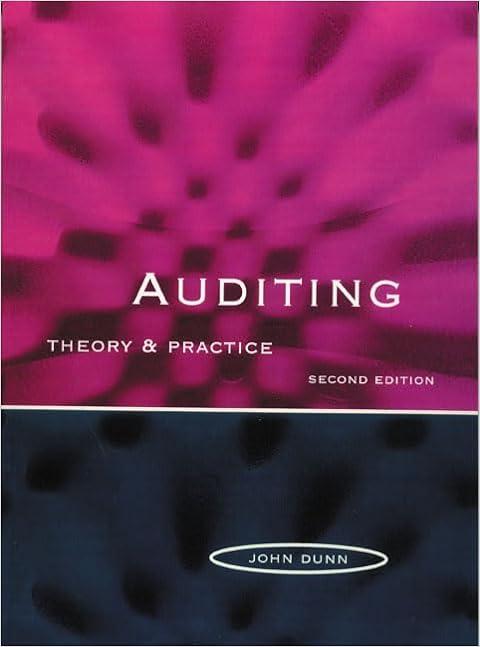Mr Tick is the auditor of G plc, a medium-sized manufacturing company. He is rather perplexed. The
Question:
Mr Tick is the auditor of G plc, a medium-sized manufacturing company. He is rather perplexed. The chief accountant of the company has prepared a draft set of accounts which clearly fails to comply with several of the FRSs. The chief accountant is apologetic, but refuses to change the figures because’ he has been ordered to ensure that the profit figure comfortably exceeds the amount stated in the press release which the managing director issued several weeks before the year end.
Mr Tick spoke to the managing director, who holds an accounting qualification, and was told that the interpretation of the FRSs was a matter of personal opinion. His view was that the accounts were as true and fair ‘as they had to be’. He refused the auditor’s request for a meeting with the entire board of directors on the grounds that none of the other directors knew anything about accounting matters and always followed the managing director’s advice anyway.
The managing director countered Mr Tick’s threat to qualify the audit report by stating that it would not be difficult to convince the board and, indeed, the shareholders that another firm of accountants would provide a better service. Mr Tick does not feel that he should have to resign over this issue. Effectively, this would mean that he was being penalised for someone else’s dishonesty.
State the ways in which the creation of an audit committee would improve the quality of the financial statements and the independence of the auditor of G plc. How should such a committee be constituted in this case? What barriers could exist to its effectiveness?
Step by Step Answer:






